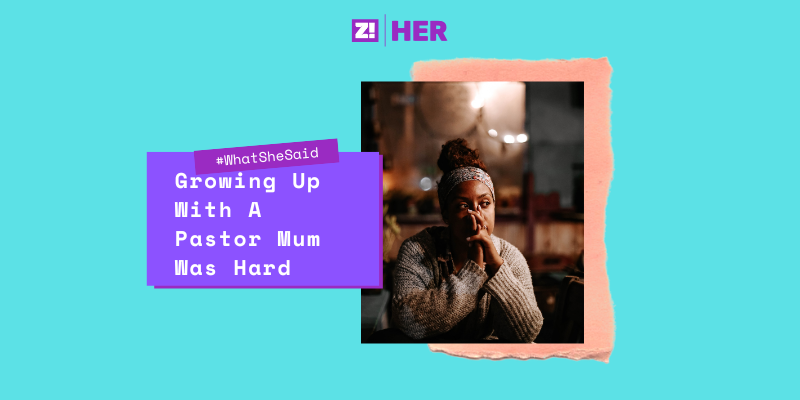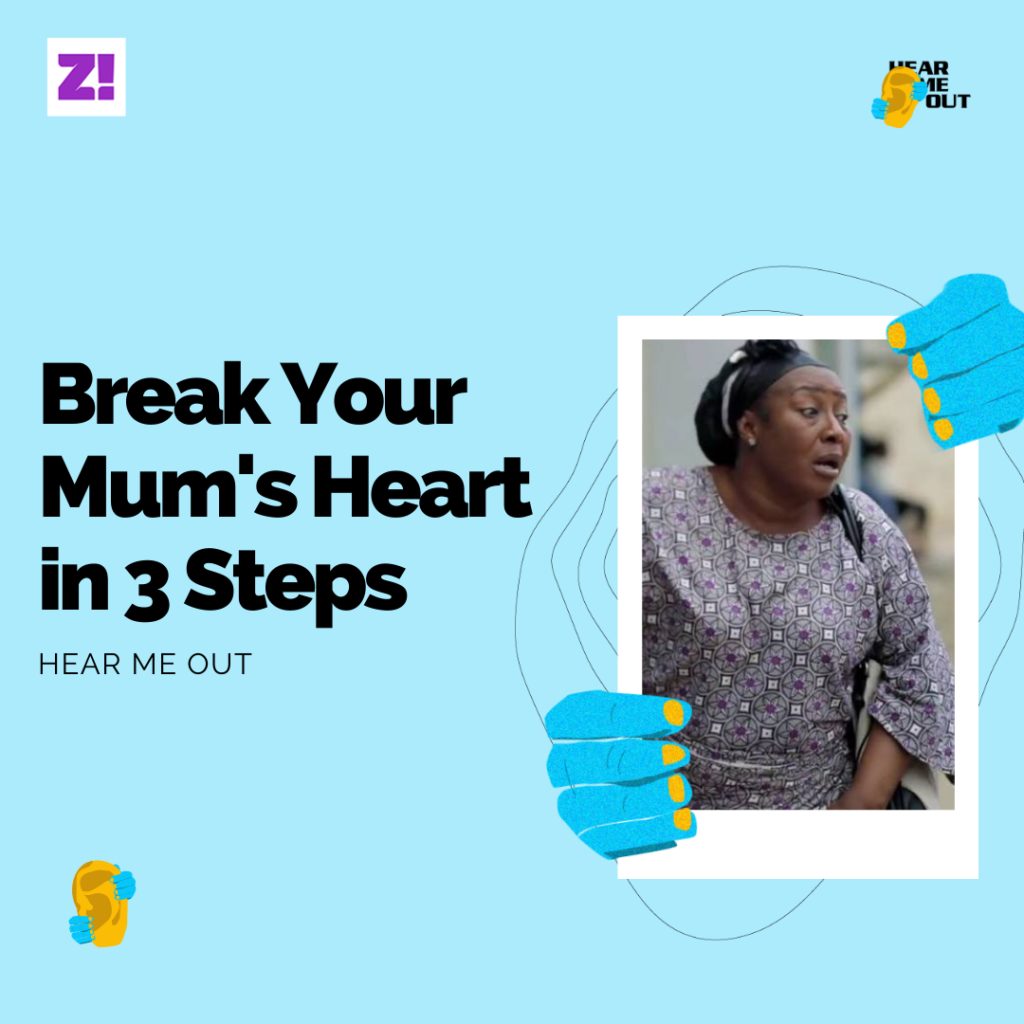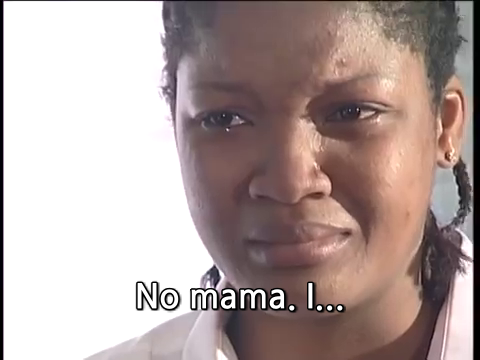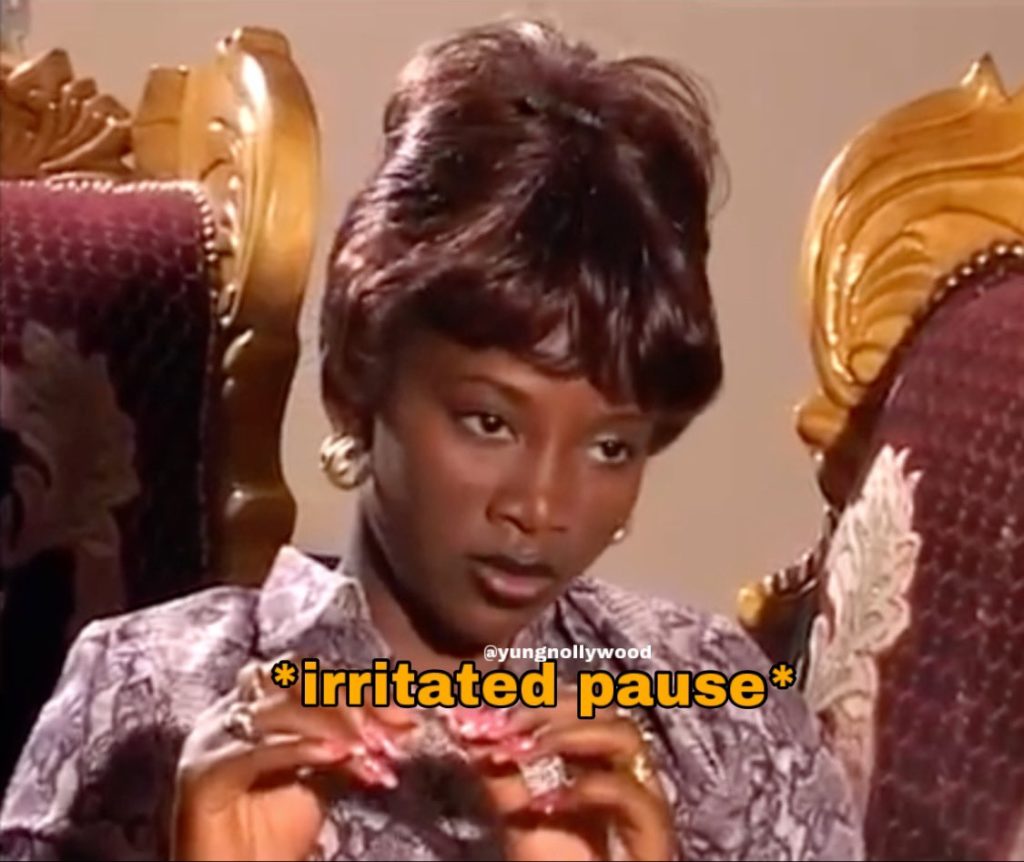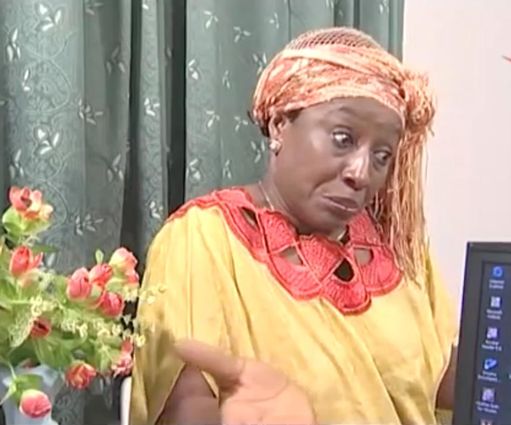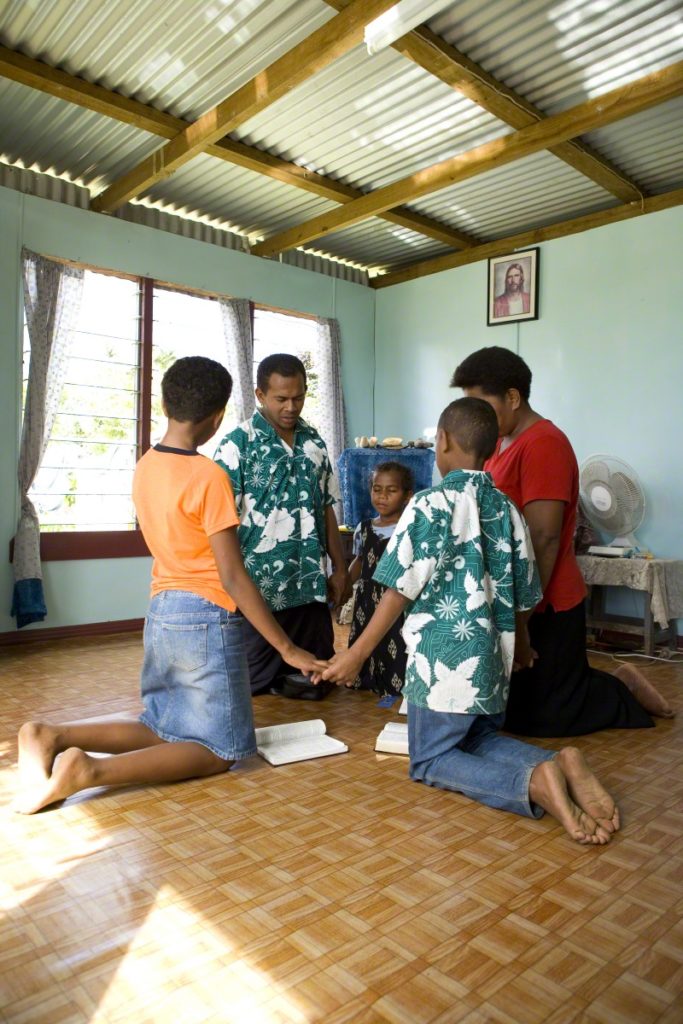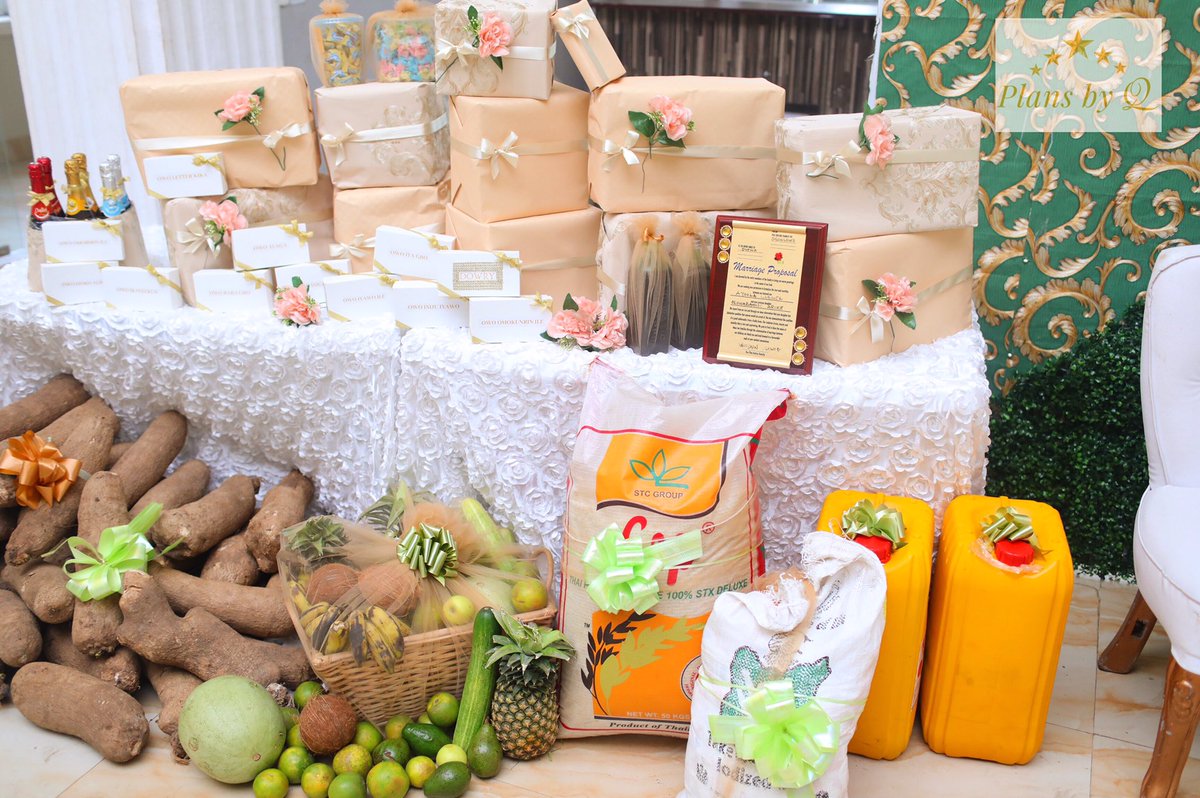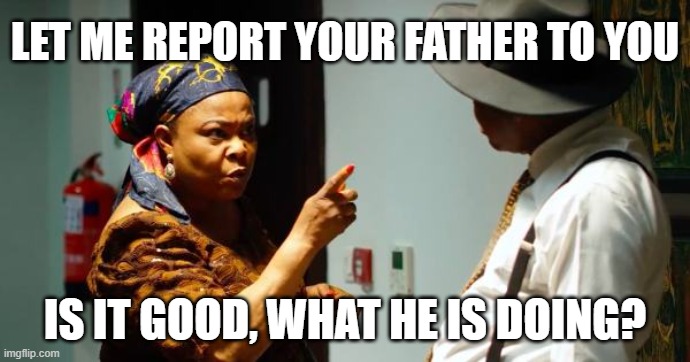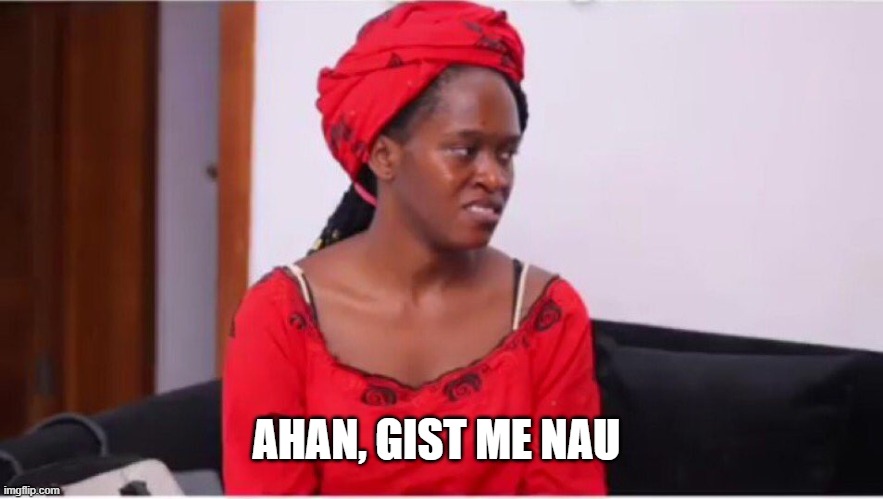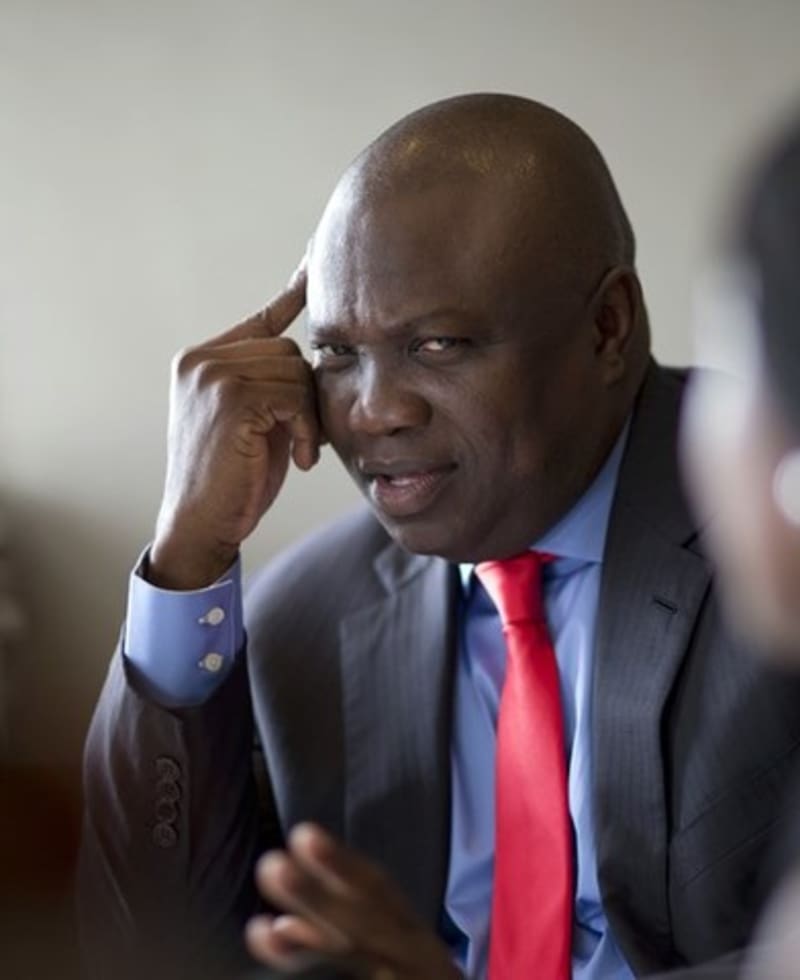This week, a young girl shared a TikTok video of her parents’ reaction to her request for an iPhone 8, striking up a conversation about Nigerian parents and their preferred parenting styles that tend to border on abuse.
Angel (22) had a different Nigerian upbringing. She talks about experiencing gentle parenting with her mother and grandma, and how it’s made her a self-assured adult.
This is Angel’s story, as told to Boluwatife
Image designed by Freepik
Corporal punishment is the average Nigerian parent’s default when a child misbehaves. That wasn’t the case for me. And I did misbehave— a lot.
My mother had me very young, while still schooling in the university. So, I spent most of my formative years living with my grandmother in Abuja.
I was a troublesome, extroverted child. So much so that I was already sneaking out to go play by six years old. We had only recently moved to Maraba then. My grandma thought the new environment was unsafe, so she thought it best to keep me at home with my nine-year-old uncle (whom I called “brother”) when she was away. An older uncle was supposed to watch us, but my brother and I would time him. Immediately he started washing plates, we’d run to a fence close to my house and jump over it.
One day, during our usual running escapade, I suddenly developed cold feet when I climbed the fence. I became scared of jumping down, and when my brother got tired of talking me into jumping, he left. I later jumped after a while, but instead of going to look for him, I decided to play with a neighbour’s son on a nearby farm instead.
Only, we were playing with lighters, and before you could say jack, I’d burned down the entire corn farm to ashes. Luckily, the mother of the boy I was playing with pleaded with the farm’s owner on our behalf and my grandma never knew. Even if she did, she didn’t believe in spanking.
I remember when, still at six years old, I created a dance group with about six other girls, and we were practising to show off our moves at a neighbour’s birthday party. We called our dance group “Hottie Pop Girls” and really thought we’d get to Maltina’s dance all competition.
On the day of the party, I was excited to get to the venue as soon as possible, but my grandma asked us to wait a while. That didn’t sit right with me, and I angrily threw a stone at our window louvres and broke a couple of them. She didn’t beat or shout at me. Instead, she said, “Well, now you aren’t going to the party.” I had to sit and hear all the festivities. It was painful, but as usual, she explained how actions have consequences, and how my impatience had cost me something I wanted. At that moment, I wished she’d just punish me and let me go to the party, but that wasn’t her way.
I was nine years old when I got into boarding secondary school, and that’s when I started living with my mum in Kaduna. She was pretty much on the same wavelength as my grandma when it came to discipline: calm, rational and believed in conversation.
In JSS 2, I got into a fight with a classmate who’d taken a letter from my bag to read without my permission. The fight led to me getting suspended from the hostel for two weeks because even though the other person had started it, she falsely accused me of ripping out her hair. When school authorities called my mum to inform her, she immediately defended me. She asked if a proper investigation had been carried out, knowing I wouldn’t just pick a fight for the sake of it. The school insisted, so she came to pick me up.
That day was our inter-house sports day, so she took me to the stadium and bought me snacks and a yoghurt. She allowed me to explain what happened and never once questioned me. She even bought food for my classmates at the stadium too, including the girl who’d falsely accused me. The school later did an investigation and apologised to me, but my mum never doubted me for a second. She taught me always to speak my truth, regardless of who believed me or not.
It’s not like I was a saint. I got into trouble with neighbours too, but when they came to report me, she’d defend me in their presence but then show me the error of my ways when we were alone. With her, I never had to hide anything. She made sure I could tell her even the most uncomfortable things, like when I started getting attention from boys. She never used whatever I said or did against me, and we’d always just talk and talk.
There was a time I almost burned the house down. I returned from school extremely tired and hungry, so I started cooking. I was watching TV at the same time and somehow fell asleep. By the time my mum returned home, I was still sleeping, but the kitchen was on fire, and smoke was seeping into the sitting room. She put off the fire, woke me up and took me outside. I was expecting her to shout or ask why I was so careless, but she hugged me and told me not to try to cook when I was tired. It was like, “Don’t put yourself in this kind of danger. Just buy bread when you’re tired instead. Collect it on credit if you don’t have money, and I’ll pay.” That was the kind of relationship we had.
I sat for WAEC in 2015 and passed all my subjects except Maths. Even on the exam day, I knew I’d done rubbish. So, when I came out of the hall, I put a call through to her and said I’d messed up. She encouraged me to think positively and wait for the results.
I was on holiday with my grandma when the results came out. As expected, I failed, and I was devastated. My grandma had the funniest reaction. She was like, “Why are you crying because of only one fail? Come and eat.”
Psstt! Come and eat your fill at our meat festival happening on November 11: Burning Ram. We’re celebrating the Nigerian culture of meat and grill, and we’re going all out. Whether meat is your thing or not, there’s something for you at Burning Ram.
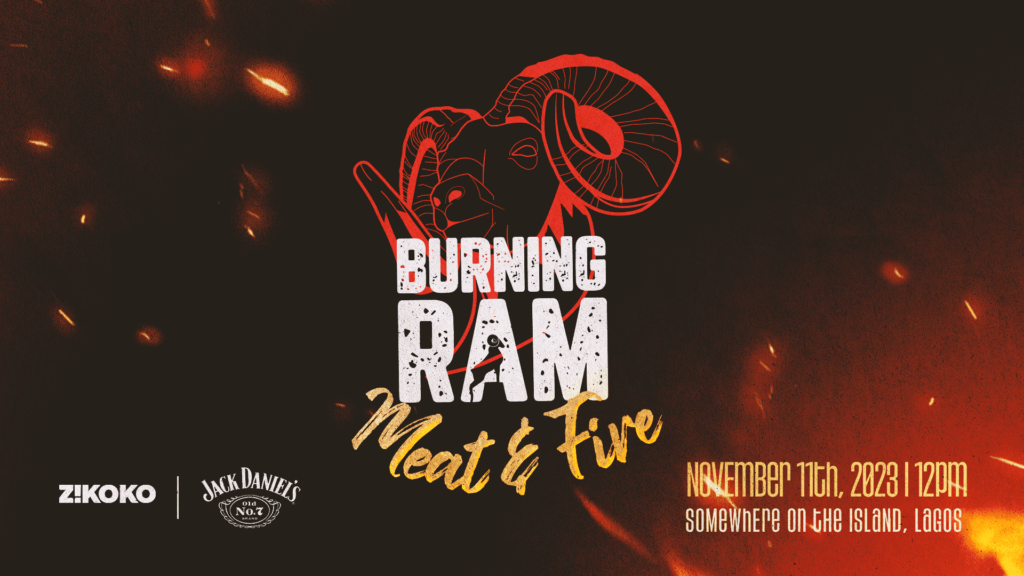
Click HERE to buy a ticket.
My mum saw how bad I felt and just encouraged me to focus on the GCE alternative. She got me a math tutor, and I passed— end of story.
I had a “spoilt” upbringing by Nigerian standards, seeing as I was never spoken to harshly or punished unnecessarily, but it’s made me a very self-assured adult. Even when I got into uni and would get mocked for being so skinny, I’d remember how loved I was at home, and soon the comments stopped getting to me. It was also when I got older that I realised not everyone had the privilege of growing up in a place where they were actually talked and listened to.
I had this roommate in my first year in uni who came from an extremely strict background. It was basically taboo for her to talk to boys. When she experienced freedom in school, she started running after every Tom, Dick and Harry. It was like she was set free and didn’t know how to handle herself. It was strange to me because I was trusted with freedom from a young age and didn’t think it was anything special. It made me grateful for my background.
I grew up with so much assurance, and it’s such that even the people I call friends now show me the same type of assurance. It’s a continuous cycle. That’s definitely what I want to pass across to my children, regardless of the Nigerian status quo.
NEXT READ: I Was Happier When I Stopped Sending My Parents Money
[ad][/ad]



